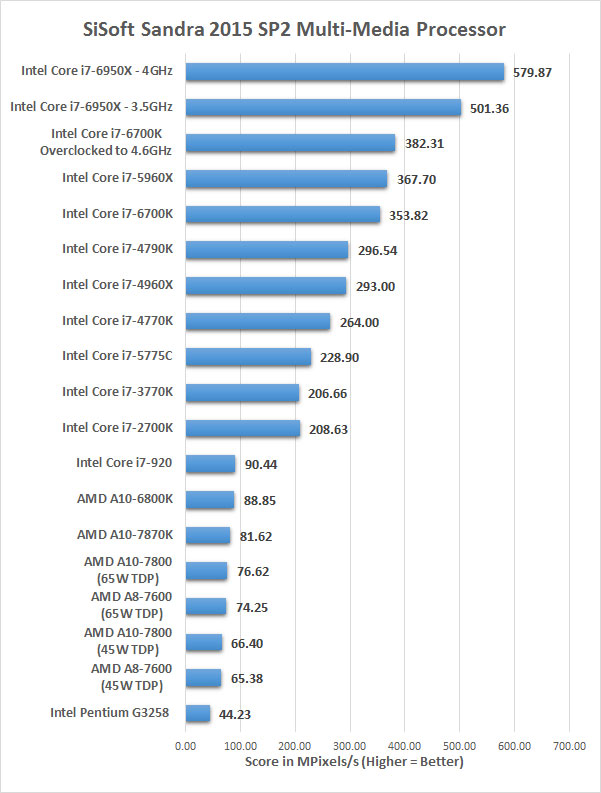Thanks, but I was being sarcastic.

I've been following Anandtech, and sites like Tech Report, Beyond3D and Real World Tech for over decade. I know that Intel and AMD CPUs are both x86 and x86-64 compatible.
I find it pretty lamentable that a fellow tech enthusiast would even question if someone knew that AMD and Intel CPUs were both x86. It really takes away from the sense of community here, IMO.
Yes I obviously get all that. But what I'm saying is that some CPU designs support instructions or extensions to the x86 ISA (e.g. SSE3, 3DNow!, SSE4.1, AVX2 and so on, as well as features such as power saving states and turbo modes) which need to be specifically supported by the operating system in order to be enabled. Most of these extensions are also not compatible with CPUs from rival vendors (as was originally the case with AMD64 before Intel licensed the tech from AMD).
So you can't develop an OS platform solely around Intel CPUs, support all their features, and then suddenly port it all to an AMD CPU platform and expect things to run perfectly. Things like turbo and sleep-states wouldn't work for example, and extensions such as AES or AVX2 may not be enabled, leading to performance issues. Beyond that there would be driver compatibility questions for all the system busses and perhaps even questions over compiler optimisation.
Could Apple solve these problems? Yes, of course they could. I never said they couldn't.
I simply take the position that they choose not to because they do not see enough of an incentive to change CPU vendors from Intel to AMD.
Anyway, I'm done with this thread. The discussion is getting a bit pissy, and this is supposed to be a thread about AMD's Zen -- which I look forward to seeing more info on.




